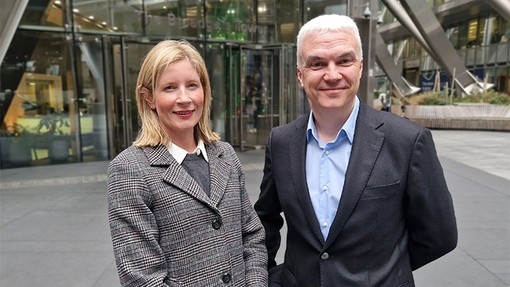Putting a lid on costs

Details
A voluntary costs pilot scheme is to take place over the next two years for claims worth up to £250,000, applicable to claims issued out of the London Mercantile Court and the Mercantile, Chancery and Technology and Construction Courts in Manchester and Leeds. This pilot will see costs being capped, and is largely based on the system that is used with some success in the Intellectual Property Enterprise Court.
What are the capped levels for the pilot?
Costs will be capped for each stage of the proceedings, for example a maximum of £10,000 is recoverable for pre-action work, £7,000 for preparing particulars of claim, £7,000 for defence and counterclaim and £6,000 for a reply and defence to counterclaim, £6,000 for the CMC, £6,000 in respect of disclosure, £8,000 in respect of witness statements, £10,000 in respect of experts reports and £20,000 in respect of the trial and judgment. The overall cap in respect of costs is £80,000. This sum excludes VAT, court fees, enforcement costs and costs awarded at interim applications where a party’s behaviour has been unreasonable, but it does include counsel’s fees.
How will the pilot scheme work?
The costs-capping pilot scheme is voluntary and both parties need to agree to enter into the scheme. Parties can exit the scheme but only before the CMC has taken place.
The idea behind the pilot is that the claims within the scheme will be subject to a streamlined and expedited process, to reduce the burden of work on the lawyers for both parties. To try to achieve this, a list of issues will be determined at the CMC, disclosure will be narrow and limits will be placed on the length of witness statements and reports of experts. The pilot will only apply to claims where the trial will last no more than two days, and the trial will be listed within eight months of the CMC.
The defendant in the proposed scheme will be required to respond to the letter of claim within 14 days, while particulars of claim and defences with counterclaims must not exceed 20 pages. Other statements of case must not go beyond 15 pages.
CPR Part 36 will still apply to claimant offers, attracting an increase of up to 25% on those costs that would otherwise have been recoverable. Therefore, there can be a maximum cost recovery for claimants of up to £100,000. The concept of introducing certainty is laudable.
Will it work in practice?
There has been some disquiet in relation to the proposals, the main concern being that a ‘one-size-fits all’ approach to fixed fees will be unworkable in the commercial arena where disputes are often complex, document heavy, time consuming and business critical for the parties. Fixed fees that are too low run the risk that they will (i) significantly deter parties from litigating claims that should be litigated; and (ii) create a two-tier justice system where the parties with deepest pockets are in a significantly better position than others. As the pilot is voluntary, it is uncertain how many parties will actually volunteer to use it.
There is also a concern that the current proposed upper fixed level (claims up to £250,000) is simply too high. Certainly, while some commercial claims such as debt recovery can be straightforward, others can be immensely complex, even at values up to £250,000. The value of the claim is not necessarily commensurate with the complexity of the matter. These concerns have in the main been addressed by the requirements identified above, with limits on factual and expert evidence and trial length, so only the most straightforward cases will progress through to the pilot.
The level at which the proposed fixed-fee regime is to be implemented (claims up to £250,000) is a significant departure from the existing fixed-fee regime (small claims and fast-track) and may be viewed as an attempt to move too far too fast. Data has not yet been published as to the estimated number of cases that will fall within the pilot annually, so it is unclear how popular or otherwise it will prove to be. However, given the nature of commercial claims, it is likely that only a small percentage would be suited to the rigid and streamlined procedure the pilot envisages.
Ways and means
What will clients think of it? No doubt the introduction of certainty in terms of exposure to an opponent’s fees will be generally well received. But the costs cap only applies in respect of recoverable fees and not to own client fees, so that nettle still has to be grasped, and in many cases parties will be faced with paying their own legal advisers any shortfall.
Most banks and financial institutions already have contractual provisions in their contracts with customers which allow the recovery of all costs on an indemnity basis to be added to the debt rather than sought through the court. As such they are less likely to be affected by the proposed changes. Such provisions negate the entire effect of fixed costs in those claims and may be rolled out more widely in commercial contracts.
Parties will undoubtedly be tempted by the prospect of early determination of their disputes with a trial within eight months of the CMC and judgment within six weeks of trial. Costs budgeting will be disapplied, with the court instead making a summary assessment of costs.
Level of the capped costs
Are they realistic or not? It looks like Lord Justice Jackson has listened to the respondents to his consultation on the issue, as the level of capped costs has increased from the originally proposed £70,000 to £80,000. Whether this increased level is actually realistic and achievable will presumably be a matter for feedback during the pilot scheme, and further consultation at a later date.
This article originally featured in the August 2017 edition of Litigation Funding.






